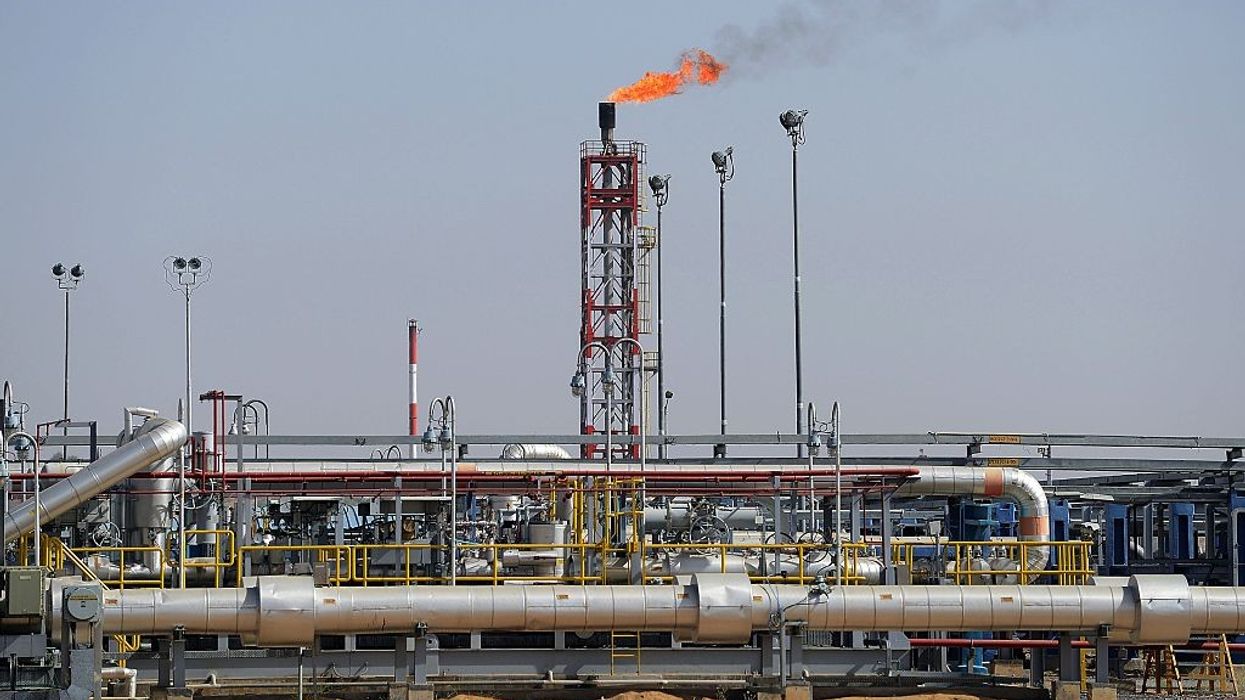INDIA has paid Cairn Energy Plc Rs 79 billion (£780 million) in a refund of taxes it had collected to enforce a retrospective tax demand.
The payment ends a seven-year-old dispute that had tarred the country's image as an investment destination.
Cairn Energy, which is now known as Capricorn Energy PLC, said in a statement that it has received "net proceeds of $1.06 billion", of which nearly 70 per cent will be returned to the shareholders.
The Indian tax department had used a 2012 legislation, which gave it powers to go back 50 years and slap capital gains levies wherever ownership had changed hands overseas but business assets were in India, to seek Rs 102.47 bn (£1.01 bn) in taxes from Cairn.
Cairn had in 2006-07 reorganised its India business, which comprised operations of prolific Rajasthan oilfields, before its listing on stock exchanges.
While the company sold majority holding in the Indian unit to Vedanta in 2011, it was in 2014 slapped with the tax demand notice over alleged capital gains made on the reorganisation.
The British firm contested the demand, saying all taxes were paid when the reorganisation, which was approved by all statutory authorities, took place.
But the tax department in 2014 attached and subsequently sold the residual shares that Cairn held in the Indian unit. It also withheld tax refunds and confiscated dividends to settle part of the tax demand. All this totalled Rs 79 bn (£780m).
Cairn dragged the government to international arbitration over the levy and enforcement proceedings.
On December 22, 2020, it got a favourable ruling that asked India to refund the tax collected together with interest and penalty.
The government initially refused to honour the award but in August 2021 brought a law to scrap all retrospective tax demands and refund money collected but without any interest or penalty.
The change of heart followed Cairn initiating seizure of the Indian government's overseas assets - ranging from flats used by its diplomatic staff in Paris to Air India planes in the US - to recover the refund due.
As part of the settlement reached with the government over the levy of back taxes, Cairn withdrew all cases.
Simon Thomson, chief executive, Capricorn Energy, commented: "India has a special place in our company's history and we are very pleased that this issue has now been concluded."
He said the company's investment in India began in the 1990s when it was one of the first international businesses to participate in the country's oil and gas industry with operations in Andhra Pradesh in south India and then Gujarat in the west.
But it was the discovery of the Mangala oil field in Rajasthan in January 2004, one of the biggest hydrocarbon discoveries in India, that had the biggest impact.
"The company ultimately made more than 40 discoveries in the area and constructed the world's longest heated pipeline to take the crude from the Mangala Processing Terminal to the coast, with production commencing in August 2009. Today, the terminal continues to provide more than a third of India's entire crude oil production," he said.
Seeking to repair India's damaged reputation as an investment destination, the government in August 2021 enacted new legislation to drop Rs 1.1 trillion (£11 bn) in outstanding claims against multinationals such as telecom group Vodafone, pharmaceuticals company Sanofi and brewer SABMiller, now owned by AB InBev, and Cairn.
(PTI)
India pays Cairn £780m to settle retro tax dispute




